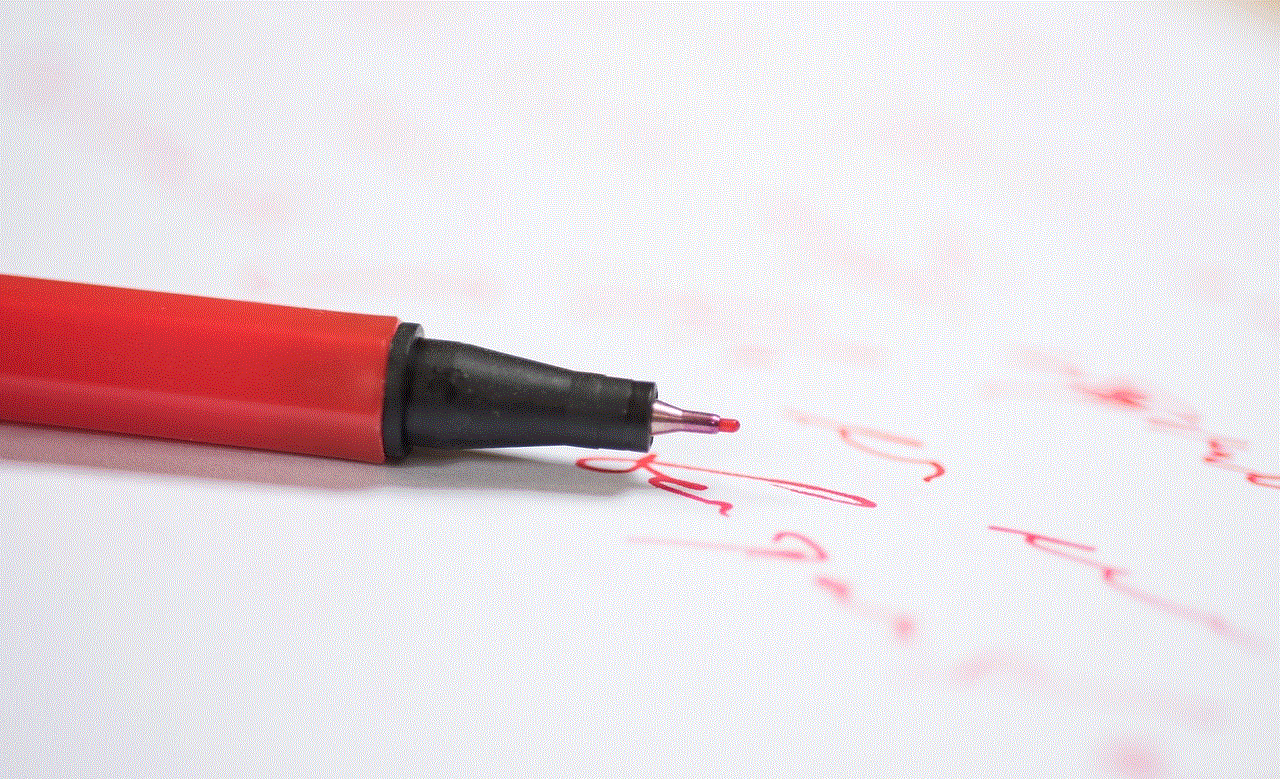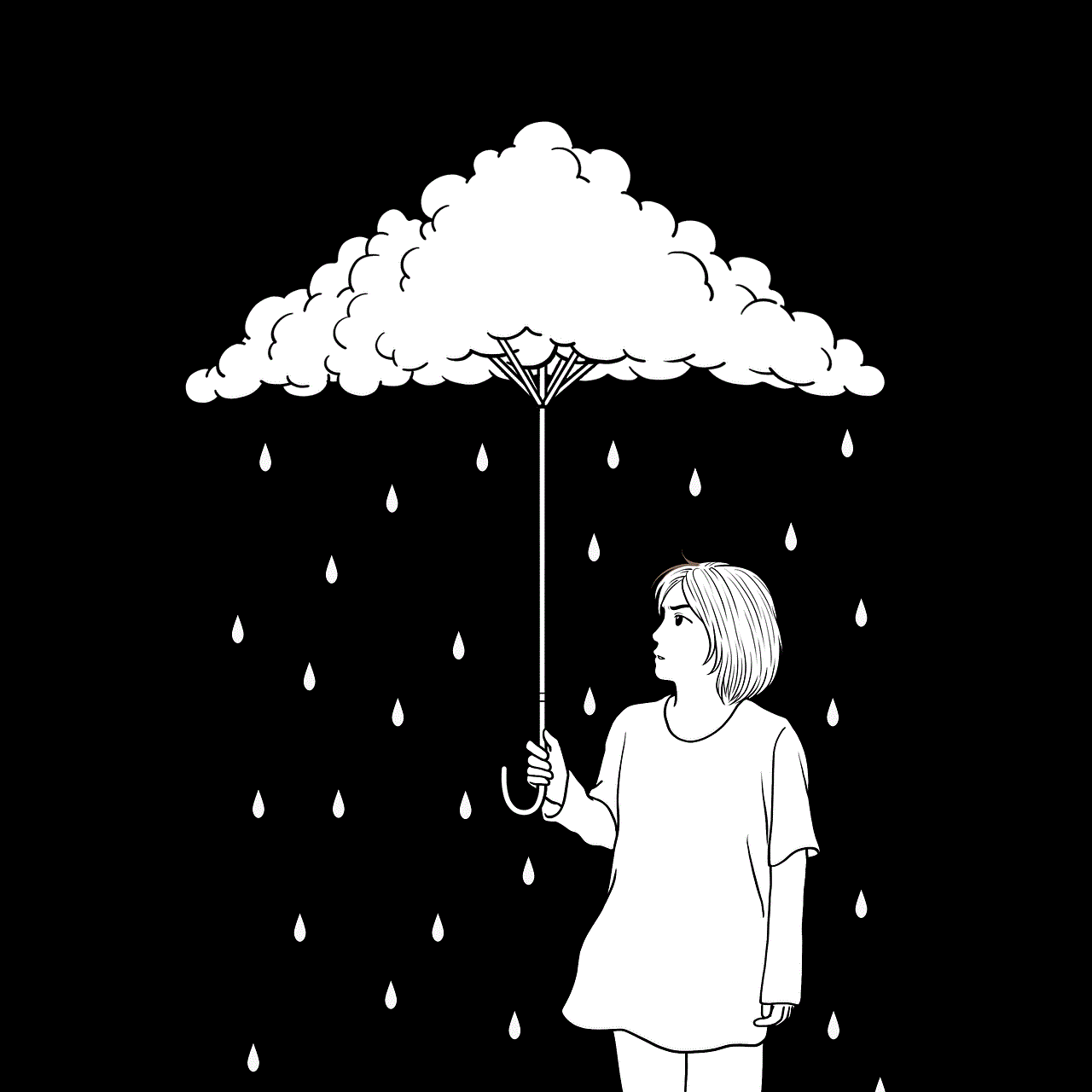how to know if my girlfriend is cheating
Infidelity is a major issue that can cause immense damage to any relationship. The mere thought of our significant other cheating on us can bring about feelings of insecurity, betrayal, and heartbreak. If you have a suspicion that your girlfriend may be cheating on you, it is understandable that you may be feeling anxious and unsure of how to proceed. However, before jumping to any conclusions, it is important to gather evidence and understand the signs that may indicate infidelity. In this article, we will delve into the topic of how to know if your girlfriend is cheating, and provide you with tips to navigate this difficult situation.
1. Change in behavior and routine
One of the first signs that may indicate that your girlfriend is cheating on you is if there is a sudden and significant change in her behavior and routine. For instance, if she used to be a homebody and suddenly starts going out more often, or if she used to be very punctual and now makes excuses for being late, it could be a red flag. Changes in her appearance, such as dressing up more than usual or wearing more makeup, could also be a sign that she is trying to impress someone else.
2. She becomes secretive
If your girlfriend starts becoming secretive and guarded about her phone, social media accounts, or whereabouts, it could be a sign that she is hiding something. If she used to leave her phone lying around and now takes it with her everywhere, or if she suddenly changes her passwords, it could mean that she is trying to hide her communication with someone else. Moreover, if she gets defensive or angry when you ask about her activities, it could be a sign that she is trying to hide something from you.
3. Lack of intimacy
Intimacy is an important aspect of any relationship, and a sudden decline in physical intimacy could be a sign that something is amiss. If your girlfriend is cheating, she may feel guilty and avoid physical contact with you. On the other hand, she may also become more sexually active as a way to cover up her infidelity. If you notice a change in your sex life, it is important to communicate with your girlfriend and understand the reason behind it.
4. Unexplained expenses
If your girlfriend is cheating, she may be spending money on the other person, such as on dates or gifts. If you notice that she has unexplained expenses or is suddenly spending more money than usual, it could be a sign of infidelity. Moreover, if you see unfamiliar charges on your joint credit card or bank statements, it could also be an indication that she is trying to hide something from you.
5. Change in communication patterns
Communication is a crucial aspect of any relationship, and a change in communication patterns could be a sign of infidelity. If your girlfriend starts avoiding your calls or texts, or if she responds with vague or one-word answers, it could mean that she is trying to avoid a conversation. On the other hand, she may also become more attentive and communicative as a way to cover up her cheating. Pay attention to any changes in her communication patterns to understand if something is amiss.
6. She becomes emotionally distant
If your girlfriend is cheating, she may start becoming emotionally distant from you. She may seem disinterested in your life, become less empathetic towards your feelings, and may even start picking fights over trivial matters. This could be a result of her feeling guilty or emotionally attached to the other person, causing her to distance herself from you.
7. Unexplained absences
If your girlfriend has been spending more time away from home and you have no idea where she is, it could be a sign of cheating. If she used to be open about her plans and whereabouts but has suddenly become vague or evasive, it could indicate that she is spending time with someone else. If you are concerned about her absences, it is important to communicate with her and express your concerns.
8. She starts accusing you of cheating
One of the classic signs of a cheating partner is when they start accusing you of infidelity. This may be a way for them to justify their own actions or to deflect attention from their own guilt. If your girlfriend starts accusing you of cheating without any valid reason, it could be a sign that she is projecting her own behavior onto you.
9. Gut feeling
Sometimes, our intuition can tell us when something is wrong. If you have a gut feeling that your girlfriend may be cheating on you, it is important to pay attention to it. While it is important not to jump to conclusions based on a feeling, it could be a sign that something is amiss in your relationship. Trust your instincts and gather evidence before confronting your girlfriend.
10. She confesses or you catch her
In some cases, your girlfriend may confess to cheating on you or you may catch her in the act. While this may be a difficult and painful situation, it is important to remain calm and communicate with her. Understand the reason behind her actions and decide if you want to continue the relationship or move on.



In conclusion, infidelity is a sensitive and complex issue that can have a significant impact on any relationship. If you suspect that your girlfriend may be cheating on you, it is important to gather evidence, communicate with her, and understand the reason behind her actions. However, it is also essential to remember that accusing someone of cheating without any evidence can cause damage to your relationship. Therefore, it is crucial to handle the situation with care and sensitivity. Trust, communication, and honesty are key to overcoming any challenges in a relationship, including infidelity.
tool urban dictionary
The term “tool” has a variety of meanings and uses, depending on the context in which it is used. One of the most common definitions of tool is “a device or implement used to carry out a particular function or task.” However, the word can also have negative connotations, referring to a person who is seen as foolish or lacking in intelligence. In this article, we will explore the various meanings of the term “tool” and its usage in modern language.
According to the Urban Dictionary, a popular online slang dictionary, the first definition of tool is “someone who is used by another person to achieve a goal or purpose.” This usage is often seen in the workplace, where a person may be referred to as a “tool” if they are constantly being manipulated or taken advantage of by their superiors. In this sense, being a tool is seen as a negative thing, implying that the person is not in control of their own actions and is merely a means to an end for someone else.
However, the term “tool” can also be used in a more positive light. In the world of music, a “tool” is often referred to as a talented musician or performer. This usage is seen in the phrase “a tool of the trade,” which refers to the skills and abilities that are required for a particular profession or craft. In this context, being a tool is seen as a desirable trait, as it implies a high level of skill and expertise.
Another common use of the term “tool” is in reference to a person’s appearance. In this instance, a “tool” is someone who is seen as being overly concerned with their physical appearance and may place a high value on material possessions. This usage is often seen in the world of fashion and popular culture, where a person may be labeled as a “tool” if they are seen as being shallow or superficial.
In recent years, the term “tool” has taken on a new meaning in the world of technology. In this context, a “tool” is often used to refer to a software or application that is designed to make a particular task easier or more efficient. This usage is seen in phrases such as “digital tools” or “online tools,” which are used to describe the various programs and platforms that have become integral parts of our daily lives.
One of the more interesting definitions of the term “tool” is seen in the phrase “a tool for change.” In this context, a “tool” is someone who is actively working towards improving society or making a positive impact in the world. This usage is often seen in reference to activists, social justice advocates, and other individuals who are passionate about creating meaningful change in their communities.
On the other hand, the term “tool” can also have a negative connotation in the world of social media. In this context, a “tool” is someone who is overly obsessed with their online presence and may go to extreme lengths to gain followers or likes. This usage is often seen in phrases such as “social media tools” or “influencer tools,” which refer to the various tactics and strategies that people use to increase their online popularity.
In some cases, the term “tool” is used to describe someone who is seen as being ignorant or clueless. This usage is often seen in phrases such as “tool of the government” or “tool of the system,” which refer to individuals who blindly follow rules and regulations without questioning their validity. In this sense, being a tool is seen as a negative trait, as it implies a lack of critical thinking and independent thought.
Another interesting use of the term “tool” is in the world of sports. In this context, a “tool” is someone who is seen as being physically strong and capable, but lacking in mental or strategic abilities. This usage is often seen in phrases such as “a tool on the field” or “a tool in the game,” which are used to describe athletes who may be physically gifted, but lack the intelligence or skill to excel in their sport.
In recent years, the term “tool” has also become synonymous with the word “fool.” In this context, a “tool” is someone who is seen as being gullible or easily manipulated. This usage is often seen in phrases such as “don’t be a tool” or “stop acting like a tool,” which are used to warn someone against being taken advantage of by others.



In conclusion, the term “tool” has a wide range of meanings and uses in modern language. From its original definition as a device or implement to its more recent connotations as a foolish or ignorant person, the word has evolved to encompass a variety of contexts and connotations. Whether used positively or negatively, the term “tool” remains a versatile and commonly used word in our everyday language.
otp urban dictionary
OTP, or “One True Pairing”, is a term that originated in fandom culture and has since become a popular phrase in everyday language. It refers to a romantic or platonic pairing of two characters that a fan believes is perfect for each other. This term has been used in various forms of media, from books and movies to TV shows and video games. But what exactly does “OTP” mean, and how has it evolved over time?
To fully understand the concept of “OTP”, let’s first take a look at its origins. The term was first used in the early 2000s by fans of the TV show “The X-Files”. In the show, the main characters, FBI agents Mulder and Scully, had a strong and complex relationship that many fans believed went beyond just being partners. These fans started referring to Mulder and Scully as their “OTP”, expressing their belief that the two characters were meant to be together.
From there, the term spread to other fandoms and became a popular way for fans to express their love for a particular pairing. It was also used to differentiate between different pairings within a fandom, as fans often have multiple “ships” (short for relationships) that they support. For example, a fan of the Harry Potter series might have an OTP of Harry and Hermione, but also ship Ron and Luna as a secondary pairing.
As the term grew in popularity, it also evolved to encompass not just romantic pairings, but also platonic ones. Fans started using “OTP” to describe their favorite friendships or partnerships between characters. This opened up the term to a wider audience, as not everyone is interested in romantic relationships in media, but can still have strong connections to certain character dynamics.
One of the key aspects of an OTP is the chemistry between the characters involved. Fans often look for moments of tension, longing glances, and subtle gestures that hint at a deeper connection between their chosen pair. These moments are then analyzed and shared among fans, further solidifying the belief that the characters are meant to be together. In some cases, fans may even create fan fiction or fan art to explore the relationship between their OTP in more depth.
However, as with any popular term, “OTP” has also faced criticism and backlash. Some argue that it promotes a narrow view of relationships and forces a heteronormative lens onto character dynamics. Others argue that it diminishes the importance of other relationships, such as familial or platonic ones, in favor of romantic ones. There have also been debates on whether fans’ interpretations of character relationships are valid or if they are simply projecting their own desires onto the characters.
Despite these criticisms, the term “OTP” continues to be used and embraced by fans. In fact, it has become a part of everyday language, with people using it to describe their favorite real-life couples or even friendships. It has also been adapted into hashtags on social media, with fans using #OTP to share their love for a particular pairing or to discuss their favorite moments between characters.
One of the most interesting things about OTPs is that they can differ from person to person, even within the same fandom. One fan’s OTP may be another fan’s “NOTP” (a term used to describe a pairing that a fan strongly dislikes). This can lead to heated discussions and debates within fandoms, with fans defending their OTPs and trying to convince others to see their point of view.
Another aspect of OTPs is the concept of “canon” versus “non-canon”. In media, “canon” refers to the official material that is recognized as part of the story. “Non-canon” refers to anything that is not officially recognized, such as fan fiction or fan art. OTPs often fall into the “non-canon” category, as they are not always supported or confirmed by the creators of the media. This can lead to disappointment for fans if their OTP doesn’t become canon in the actual story, but it can also inspire them to create their own content to explore their pairing further.



As fandom culture continues to grow and evolve, so does the concept of OTPs. What started as a way for fans to express their love for a particular pairing has become a complex and diverse phenomenon. It has also become a way for fans to connect with each other, as they share their OTPs and discuss their favorite moments and interpretations. OTPs have become an integral part of fandom culture, and it’s safe to say that they are here to stay.